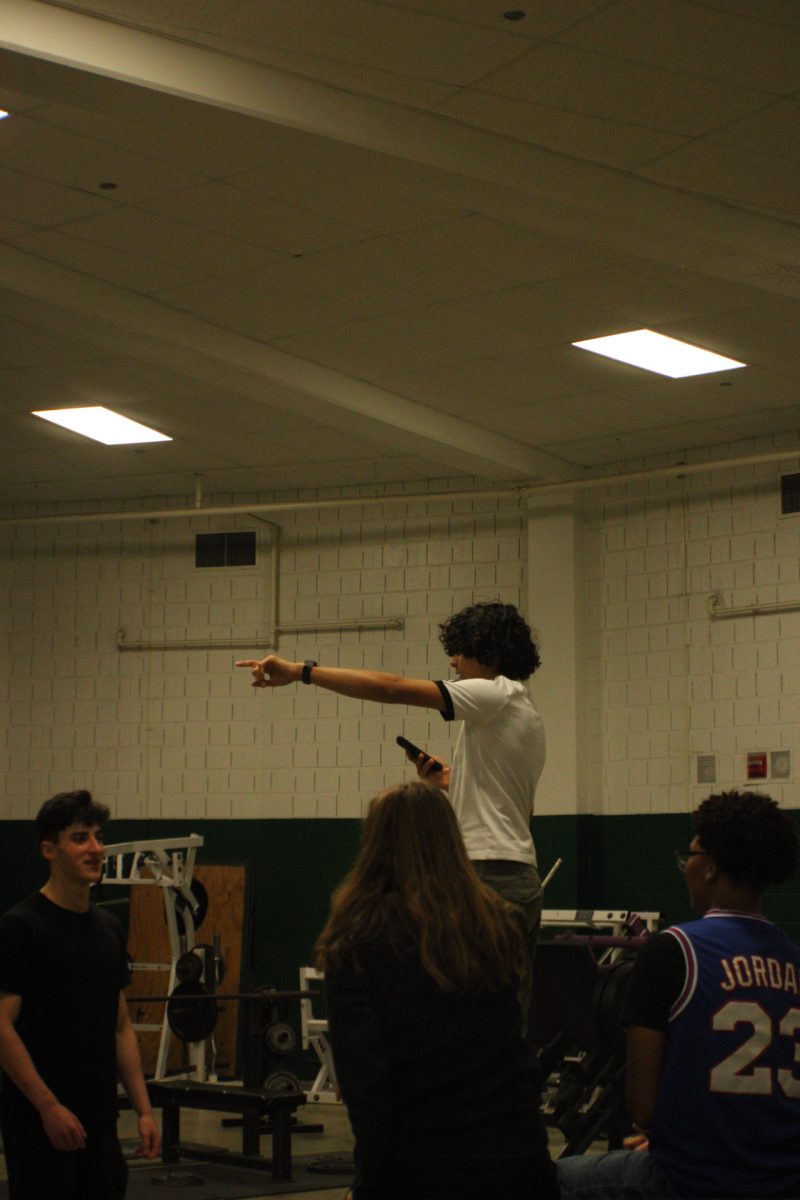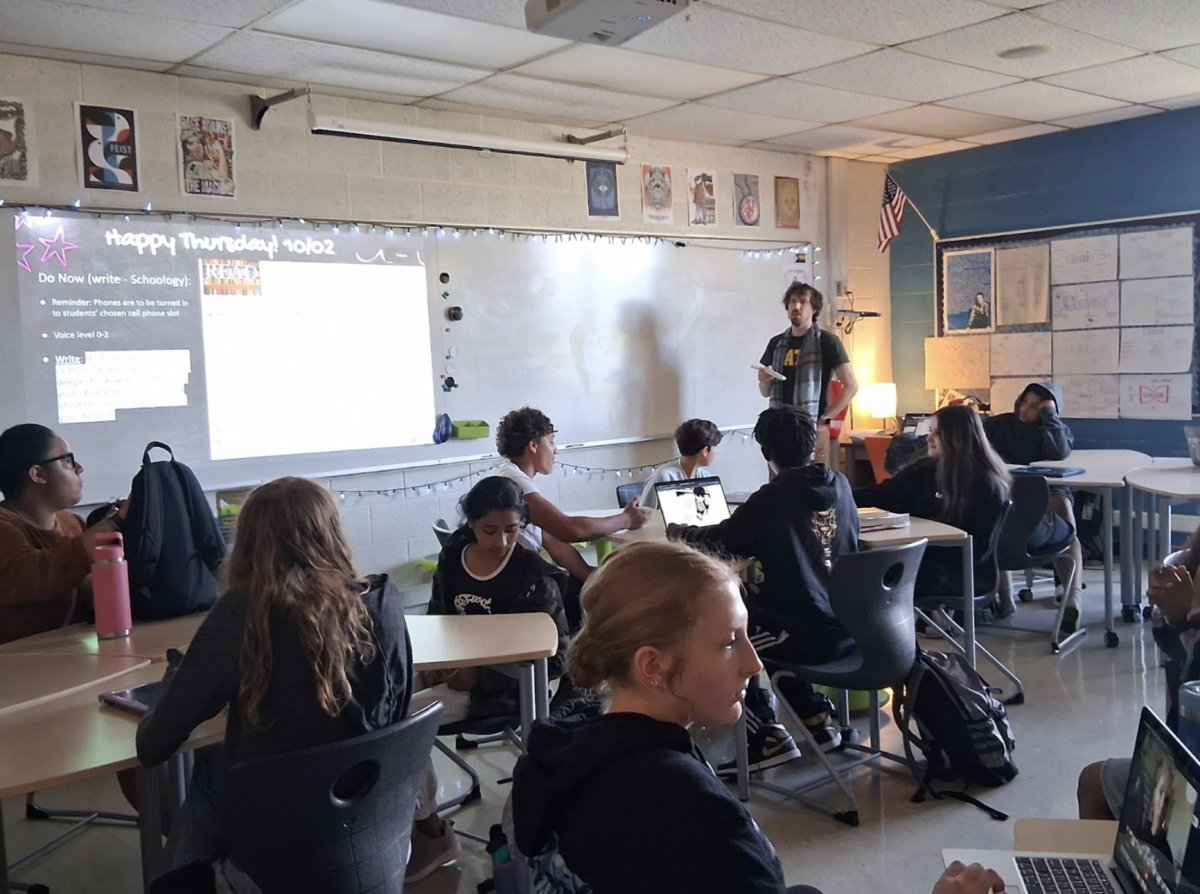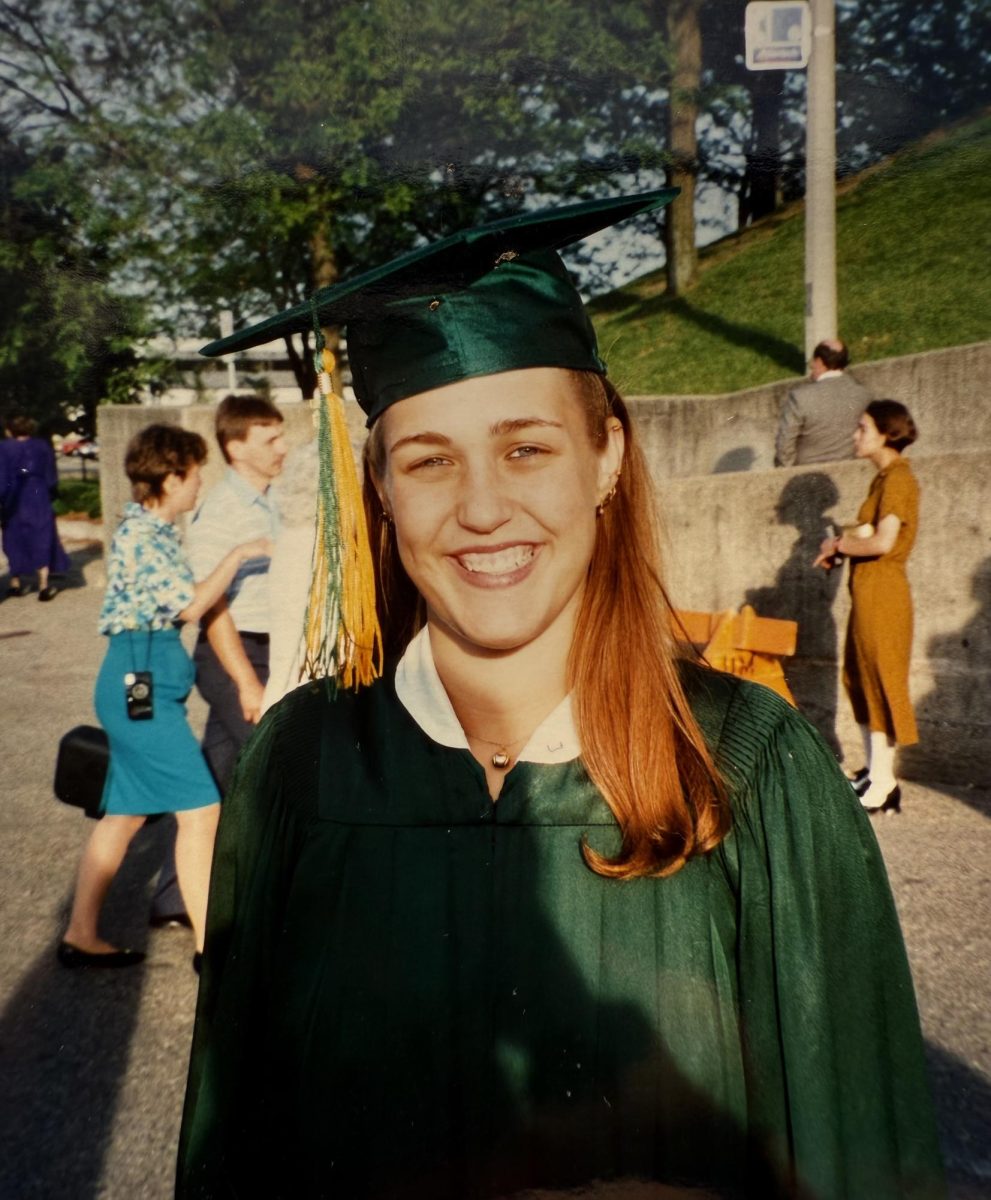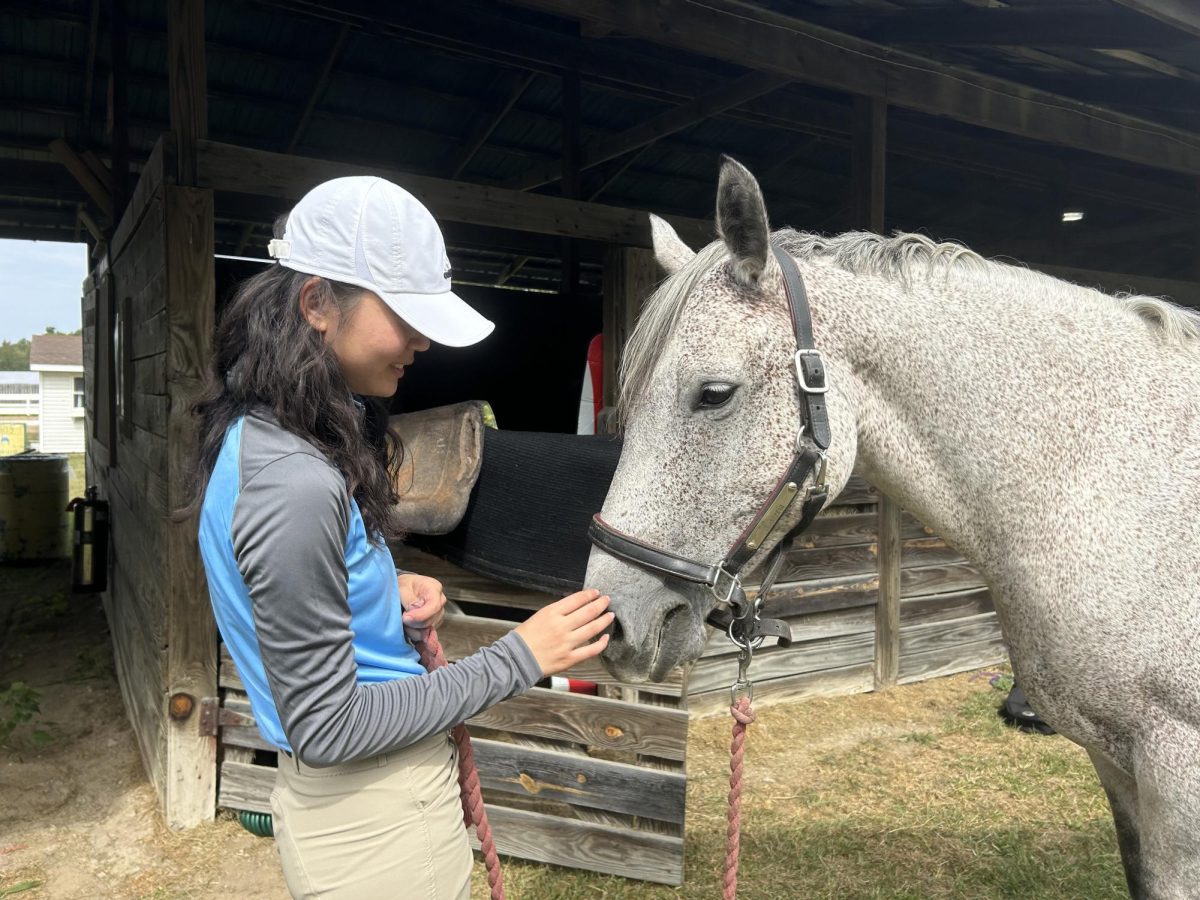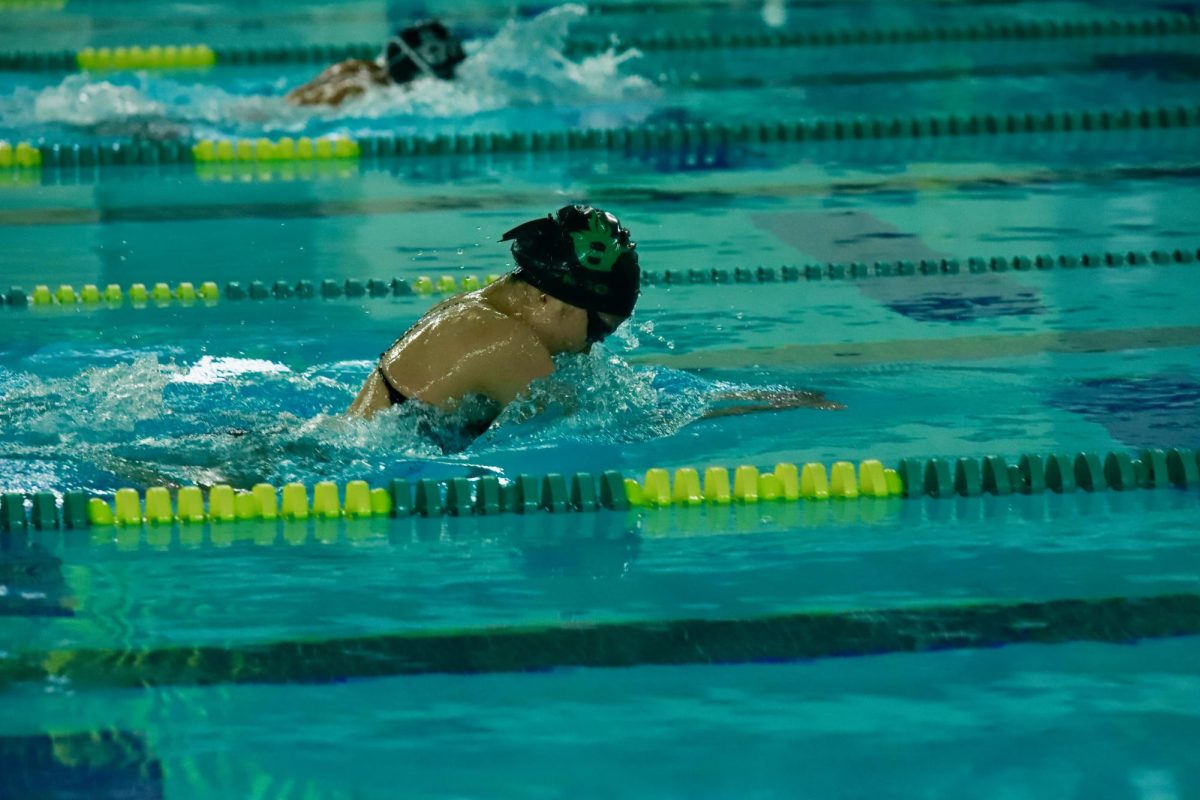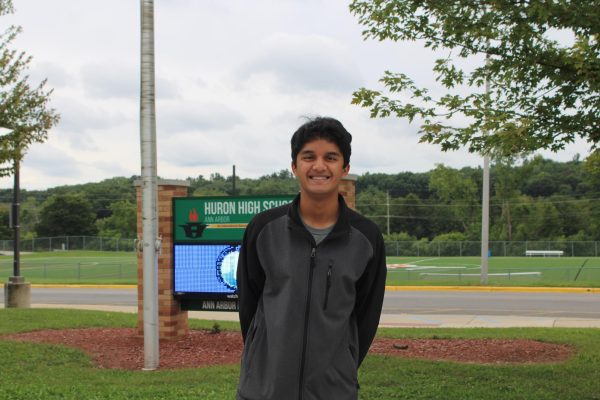In March, former junior Qian Li stood before a panel of judges at the Detroit Regional Science Fair, showcasing his biomedical engineering project. A few months later, he was among the top young scientists in the world, competing at the International Science and Engineering Fair (ISEF). After advancing through two challenging rounds of competition, Li’s custom-designed manometer— a device used to measure pressure —earned him a spot on the global stage, where students from around the world shared their cutting-edge research.
Qian’s inspiration for the project came from personal connections with individuals who had undergone thoracentesis, a procedure used to remove fluid from around the lungs. Motivated by a desire to improve this process, he collaborated with a doctor from the University of Michigan to design, prototype, and refine a manometer.
“I know people with this condition, and it inspired me to create something that could make a difference,” Qian said, reflecting on how personal experiences fueled his innovation.
The journey to ISEF was anything but simple. To qualify, Qian had to progress through multiple levels, advancing from regional to state competitions. At each stage, he presented his project to judges who scrutinized not only the technical aspects but also his ability to articulate and explain his work.
“At each level, the judges either ask questions or have you present,” Qian explained, recalling the pressure and preparation required to succeed.
One of the most difficult challenges he encountered was analyzing membrane deformations to accurately calculate pressure, a complex task made even harder by unreliable sources.
“I had to hand-derive many of the calculations,” he said, describing the mathematical work involved in refining his design. Starting the project in July 2023, he underwent numerous rounds of testing and refinement to ensure its effectiveness.
Balancing the demands of this ambitious project with schoolwork and extracurricular activities, such as marching band and cross-country, proved to be a major challenge.
“It was really hard to find time for everything,” Qian admitted. However, his dedication and passion for the project kept him motivated through the toughest moments.
For Qian, attending ISEF was the culmination of months of relentless effort, creative problem-solving, and careful time management. His experience not only rewarded his hard work but also deepened his interest in biomedical engineering, sparking a desire to continue innovating in the medical field.




